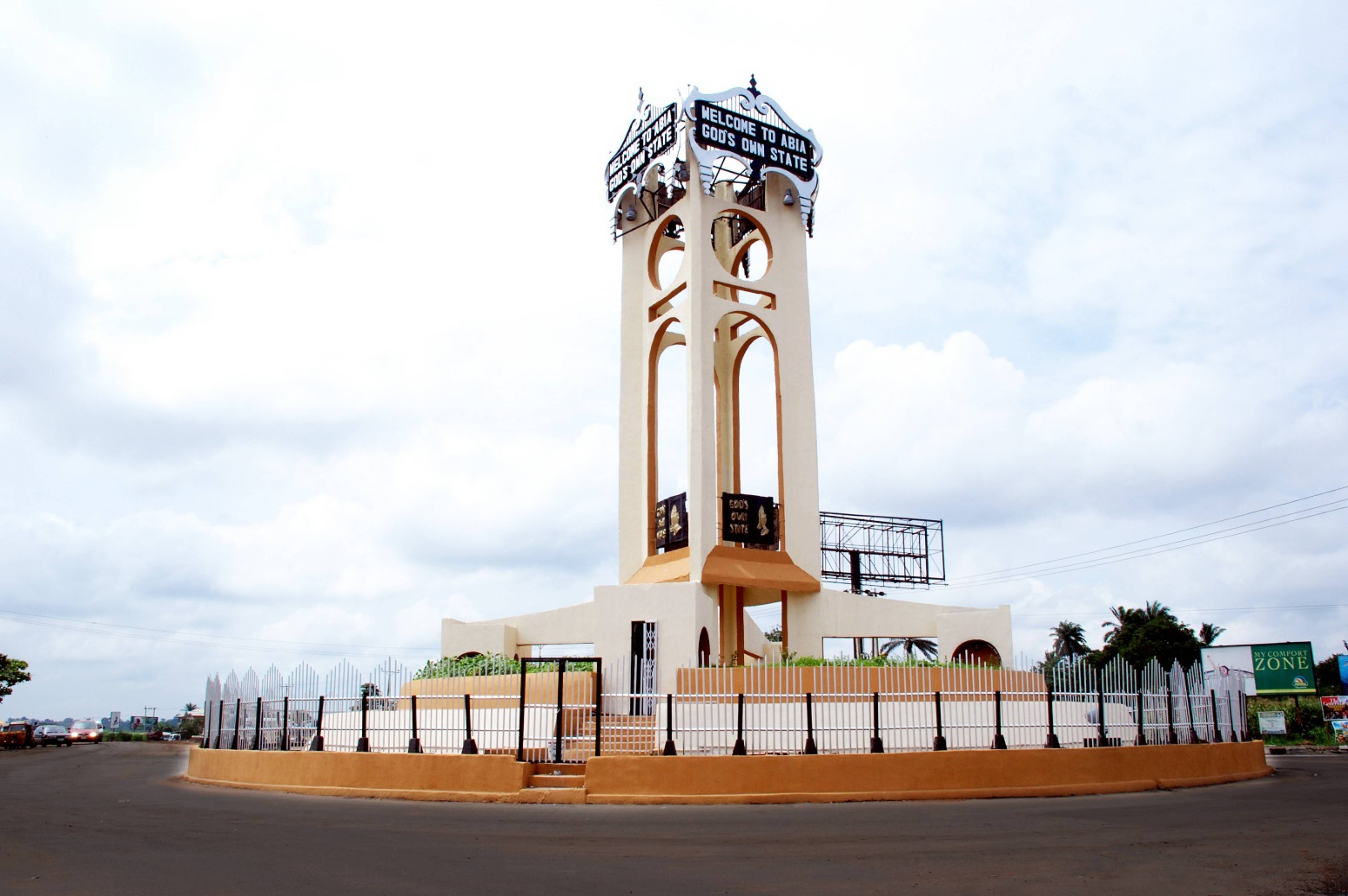
Abia State is located in the southeastern part of Nigeria. It was created on August 27, 1991, from part of the former Imo State during the military regime of General Ibrahim Babangida. The state’s capital is Umuahia, while its largest city is Aba, known for its industrial and commercial activities.
Abia State is bordered by Imo State to the west, Enugu State to the east, Rivers State to the south, and Ebonyi State to the north. The state is predominantly characterized by lowland plains, except for the northwestern part, which has hills and highlands.
Abia State is home to various ethnic groups, with the dominant ones being the Igbo people. The major languages spoken in the state are Igbo and English. The Igbo culture is richly expressed in various aspects of life, including art, music, dance, and traditional festivals.
Abia State has a diverse economy. The city of Aba is known as a major commercial and industrial hub in Nigeria. It is renowned for its vibrant small-scale and informal manufacturing industries, including textiles, garments, shoes, leatherworks, and metal fabrication. Aba is often referred to as the “Japan of Africa” due to its industrial activities. Agriculture is also significant in the state, with crops such as oil palm, cocoa, yam, rice, and cassava being cultivated.
Abia State has several higher educational institutions, including the Abia State University in Uturu, which is the state’s premier university. There are also other institutions like the Michael Okpara University of Agriculture in Umudike and the Abia State Polytechnic in Aba.
The state has a few notable tourist attractions. The National War Museum in Umuahia showcases artifacts and history from the Nigerian Civil War. Other attractions include the Azumini Blue River, Arochukwu Long Juju Slave Route, Ogbunike Caves, and the Umuagbai-Nigeria Naval War Memorial, among others.